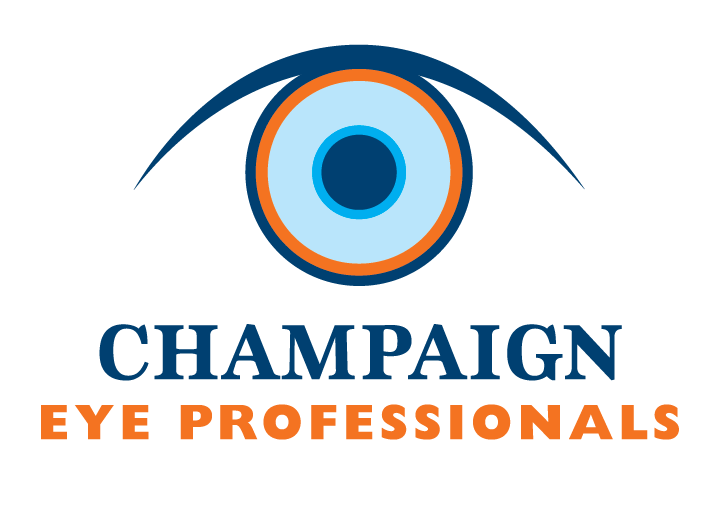Serious Risks of Dry Eye Syndrome
Dry eye syndrome is becoming increasingly better known. For a lot of people, finding out that they have this condition has been a real eye opener. It certainly can explain a lot, including having chronically red eyes, having to rub the eyes a lot, or just an ongoing, relentless feeling of irritation in the eyes. But just because more people with dry eye syndrome in Champaign, IL are aware of it, doesn’t mean it can now be ignored. Treatment is essential if serious consequences are to be avoided.
Damage to the Cornea
The cornea, the clear front surface of the eye, is highly sensitive and needs a constant supply of moisture to stay healthy. Insufficient lubrication can lead to abrasions, ulcers, or scarring on the cornea.
Increased Risk of Eye Infections
Tears help wash away debris and bacteria from the surface of the eye. When tear production is inadequate, the eyes become more vulnerable to infections. People with dry eye syndrome may experience recurring eye infections, such as conjunctivitis (pink eye), which can lead to further discomfort, inflammation, and vision problems.
Impact on Daily Activities
Chronic dry eyes can make it difficult to perform everyday activities such as reading, using a computer, or driving. The discomfort can lead to frustration and reduced productivity, affecting both personal and professional life. Prolonged exposure to screens can worsen symptoms, leading to a cycle of irritation and difficulty focusing.
Development of Secondary Conditions
Untreated dry eye syndrome can lead to the development of secondary conditions, such as blepharitis (inflammation of the eyelids) or meibomian gland dysfunction, which further exacerbates symptoms.
Don’t delay being seen by your optometrist in Champaign, IL if you think you might be suffering from dry eyes. As you can see, there are serious risks of not being treated. Contact us today to book your appointment.










